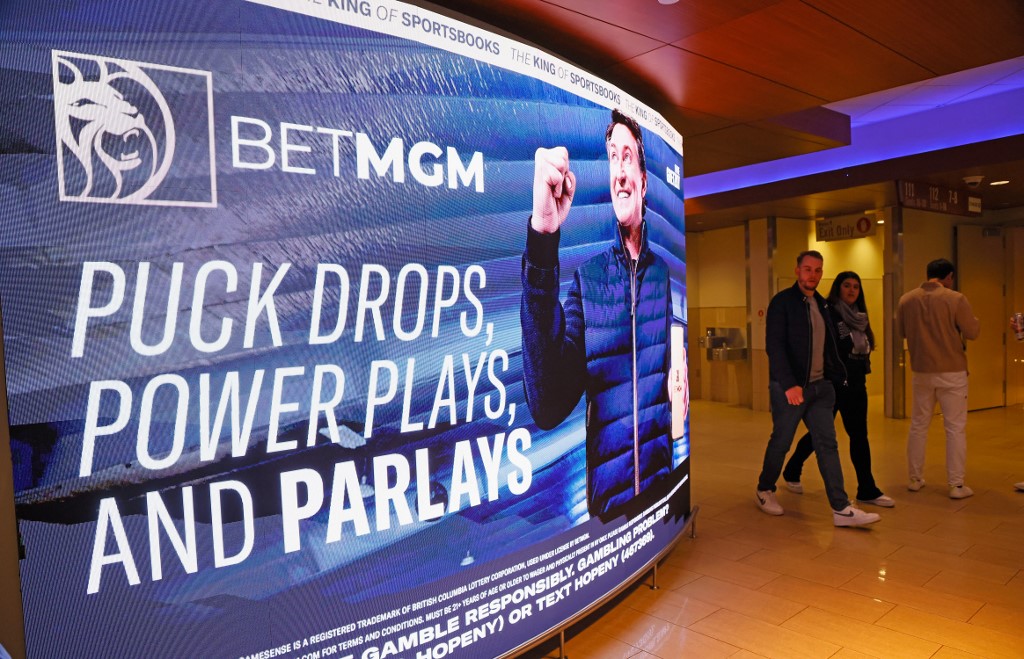New Report Reveals $9.5B in Illegal Gambling Revenue in New York, New Jersey, Minnesota

In the six years since the U.S. Supreme Court lifted the federal ban on sports betting in 2018, the top sports betting sites have generated billions of dollars in revenue. However, a recent report suggests that these operators have not significantly impacted the black market for sports betting.
The Campaign for Fairer Gambling (CFG), a group advocating for gambling reform, has partnered with Yield Sec, an online marketplace intelligence platform, to analyze the percentage of gambling revenue generated by top sportsbooks in the legal market versus illegal betting operators.
In March, the initial report found that despite being illegal, 860 operators were responsible for generating $40.92 billion in gross gaming revenue in 2026.
The second report, which was released on Thursday, disclosed that $9.5 billion, representing nearly a quarter of the total amount, is being diverted from the top sports betting applications in just three states: New York, New Jersey, and Minnesota.
Ismail Vali, founder and CEO of Yield Sec, stated that the data and analysis reveal a harsh truth: illegal gambling operators are boldly taking money from state and federal funds, as well as legitimate American businesses. Vali emphasized the necessity for the federal government to put an end to this blatant theft.
$9.5 billion lost to black market in NY, NJ, MN
The report examined three prominent markets in America, selected for their diverse strategies in the legalization of sports betting and iGaming.
The Empire State of New York has legal sports betting but not real money online casinos. Shockingly, illegal operators received $3.4 billion in online casino gaming revenue, accounting for 49% of the total gross gaming revenue. Additionally, $1.9 billion (27%) of sports betting revenue was lost to the black market.
New Jersey’s sports betting industry, which allows legal wagering on sports and iGaming, experienced a similar situation. Despite a well-regulated market, illegal betting operators generated $996 million (22%) in sports betting revenue and $719 million (16%) in online casino revenue.
In 2026, despite efforts to legalize it, sports betting and iGaming are still illegal in Minnesota, leaving 5.7 million residents with limited options for gambling. Illegal operators have taken advantage of this, earning $929 million (38%) in sports betting and $1.5 billion (62%) in online casino gaming.
Derek Webb, the founder of CFG, noted that sector-friendly laws, regulations, and tax rates have not had a significant impact. He pointed out that despite varying legal frameworks, more than 800 illegal operators continue to operate without following state laws in these three states.
No solution in sight for black market
The existence of illegal gambling operators is detrimental to both state and federal governments, resulting in the loss of billions in tax revenue to the unregulated market. This poses a concerning issue for consumers as well.
While legal sports betting operators are obligated to adhere to consumer protection regulations to prevent fraud and anti-competitive practices, illegal sportsbooks can operate solely for profit. This lack of oversight gives them little motivation to provide customer support or to fairly compensate customers in the event of a disagreement.
Official sportsbooks frequently provide top sportsbook promotions, which are subject to regulation by state and local governments despite the fine print. In contrast, black market operators may offer enticing promotions without any oversight, leading to potential deception of customers.
Despite the widespread legalization of sports betting and iGaming, bad actors in the industry continue to operate unchecked due to insufficient regulation, despite the billions of dollars being exchanged in the marketplace.
Webb stated that federal involvement in overseeing online gambling is necessary to provide policymakers with accurate data for a more informed and balanced debate, leading to smarter gambling policies in the future.
To get a thorough understanding of the legal sports betting landscape, check out this list of states where sports betting is legal, along with an update on the status of legislation in the twelve states that have not yet legalized gambling.







